As the new year approaches, so does the time of year when we have a slight, yet very exciting, change in leadership at the Urban History Association. This year, we welcome a new president and president-elect, as well as seven new board members, who will replace our outgoing president and the seven board members whose terms expire at the end of this year. Please read on to learn more about the newest members of the UHA’s leadership team.
First, please join us in welcoming Joe Trotter as he moves into his new position as UHA President from his previous position as President-Elect.
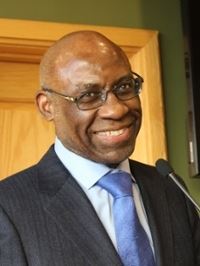 Joe William Trotter Jr.
Joe William Trotter Jr.
Giant Eagle University Professor of History and Social Justice, Carnegie Mellon University
Joe William Trotter, Jr. is the Giant Eagle University Professor of History and Social Justice and past History Department Chair at Carnegie Mellon University in Pittsburgh, Pennsylvania. He is also the Director and Founder of Carnegie Mellon’s Center for Africanamerican Urban Studies and the Economy (CAUSE) and a member of the American Academy of Arts and Sciences. His latest publication is Workers on Arrival: Black Labor in the Making of America (University of California Press, 2019). Professor Trotter received his BA degree from Carthage College in Kenosha, Wisconsin and his M.A. and Ph.D. degrees from the University of Minnesota. He is currently working on a study of African American urban life since the Atlantic slave trade. To learn more about Joe’s work, click here. Joe’s term as president will begin January 1, 2022 and end December 31, 2023.
Replacing Joe as President-Elect is Andrew Sandoval-Strausz.
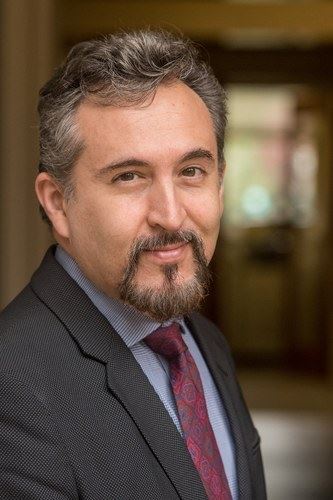 Andrew Sandoval-Strausz
Andrew Sandoval-Strausz
Associate Professor of History, Pennsylvania State University
Professor Sandoval-Strausz is an accomplished scholar in the fields of urban, ethnic, and Latinx history. His first book, Hotel. An American History (2007), offered a new lens on the history of American cities, and especially their ability to accommodate travelers and migrants of all sorts. His second, Barrio America (2019) reinterpreted the era of postwar urban decline as one in which, through migration, small-business enterprise, and civic activism, Latinos ‘saved’ the American city. Although his research has focussed on the United States, he has been a leading proponent and exponent of the ‘transnational turn’ in urban history, within and beyond North America. Notably, the collection Making Cities Global (2018), co-edited with Nancy Kwak, makes the case that cities have been vital to the long historical process of globalization and that they should figure prominently in the field of transnational studies. To learn more about Andrew’s work, click here. Andrew’s term as president-elect will begin January 1, 2022 and end on December 31, 2023. He will take office as president January 1, 2024.

Finishing her term at the end of December as the UHA President is Heather Ann Thompson, Professor of History and Afroamerican and African Studies at the University of Michigan. Heather will remain part of the executive team as Immediate Past President.
We will also welcome seven new board members, who will replace seven members of the UHA Board of Directors finishing their three-year terms at the end of December. This coming December 31 - the final day of 2021 - the seven who will finish their board terms are:
-
Llana Barber, SUNY Old Westbury
-
Dorothee Brantz, Technische Universität Berlin
-
Emily Callaci, University of Wisconsin, Madison
-
Janet Y. Chen, Princeton University
-
Diana J. Montaño, Washington University of St. Louis
-
Ato Quayson, Stanford University
-
James Wolfinger, Illinois State University
We want to sincerely thank Heather and every one of our outgoing board members for their commitment and service, especially in navigating the challenges posed by the global pandemic over the last year and nine months.
Our newest board members, taking office on January 1, 2022 and joining our continuing board members, are:
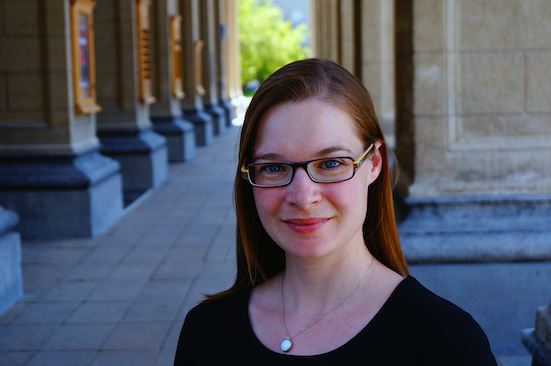
Katherine Zubovich, University at Buffalo, SUNY.
Katherine Zubovich is an Assistant Professor of History at the University at Buffalo, SUNY. Her work focuses on the history of Russia and the former Soviet Union. Her first book, Moscow Monumental: Soviet Skyscrapers and Urban Life in Stalin’s Capital, was published in 2020 by Princeton University Press. The book explores the broader social, cultural, and political effects of monumental construction undertaken in the Soviet capital in the 1930s-1950s.
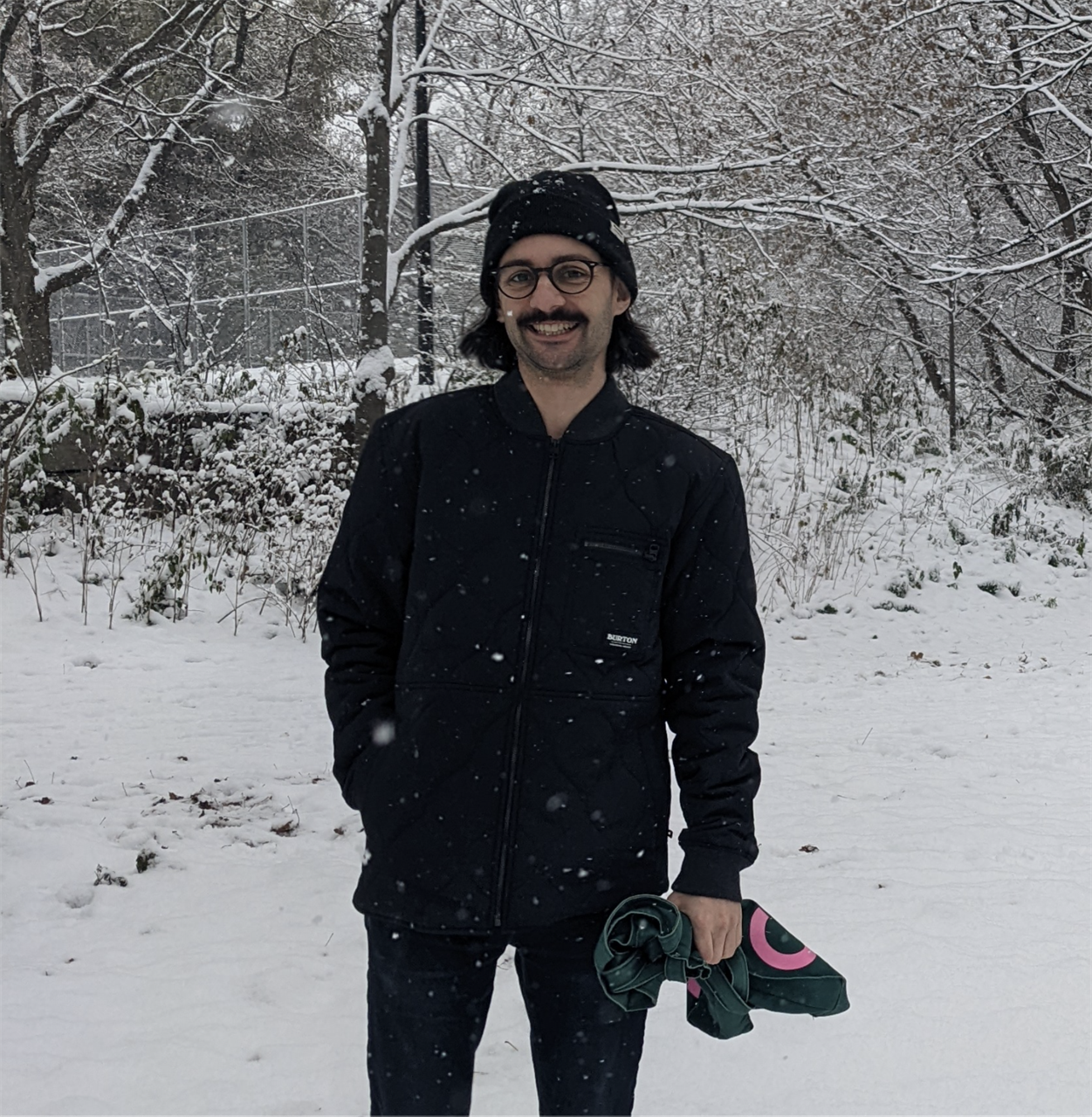 Matthieu Caron, University of Toronto
Matthieu Caron, University of Toronto
Matthieu Caron is a doctoral candidate in history at the University of Toronto. Drawing on the recent ideas in the history of urban governance, sexuality, and labour, his research is examining how the transformation of Montreal during the mid- to late-twentieth century was accomplished by controlling the night. Before moving to the University of Toronto he obtained degrees from McGill University and the Université de Montréal. Since 2017 he has been the Urban History Association’s bibliographer for Canada. He has published in the Urban History Review as well as in Labour/Le Travail and BC Studies.
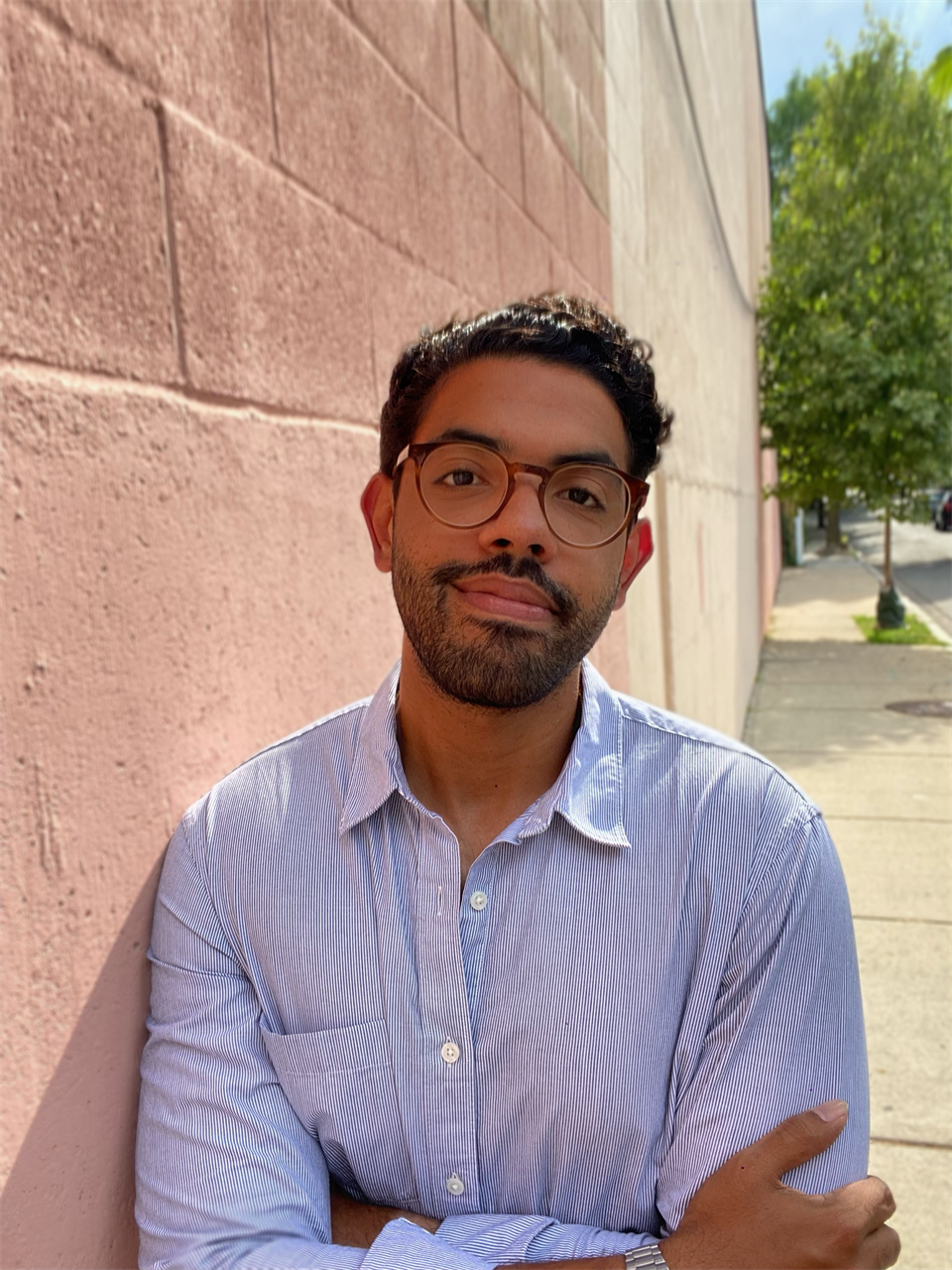 Pedro A. Regalado, Harvard University, Stanford University
Pedro A. Regalado, Harvard University, Stanford University
Pedro A. Regalado is a Junior Fellow of the Society of Fellows at Harvard University. Beginning July 2022, he will be Assistant Professor of History at Stanford University. Regalado researches the history of race, immigration, planning, and capitalism in urban America. His book project, Latinx Gotham: Work and the Modern City, examines the history of New York City’s Latinx residents and their efforts to transform city space, politics, and economy. Regalado has been awarded the Michael Katz Award for Best Dissertation from the Urban History Association. He was also a finalist for the Ralph Henry Gabriel Prize for Best Dissertation from the American Studies Association. Regalado’s work has been featured in the Journal of Urban History, Boston Review, The Washington Post, and The Chronicle of Higher Education. Born in the Dominican Republic, he was raised in New York City’s Washington Heights.
 Tikia K. Hamilton, Loyola University Chicago
Tikia K. Hamilton, Loyola University Chicago
Dr. Tikia K. Hamilton is an assistant professor at Loyola University Chicago. She holds a Ph.D. in History from Princeton University (2015) and a masters in African American Studies from Columbia University (2004). She attended Dartmouth College for her undergraduate work (1998), where she majored in History under a Mellon Fellowship. She has lengthy experience teaching at the secondary and undergraduate levels and working as an educational consultant. She is currently completing revisions for her first book, entitled Making a Model System: The Battle for Educational Equality in the Nation’s Capital before Brown, which chronicles the various campaigns African Americans waged to obtain equal resources under segregation in the federal city. Her research interests include: African American History, 20th Century U.S. History, African American/U.S. Women’s History, the History of Education, and Urban History. Dr. Hamilton is the recipient of numerous awards, including the Spencer Fellowship from National Academy of Education. She is a native of Chicago and has travelled solo to over two dozen countries in Central and South America, Europe, Africa, and the Caribbean.
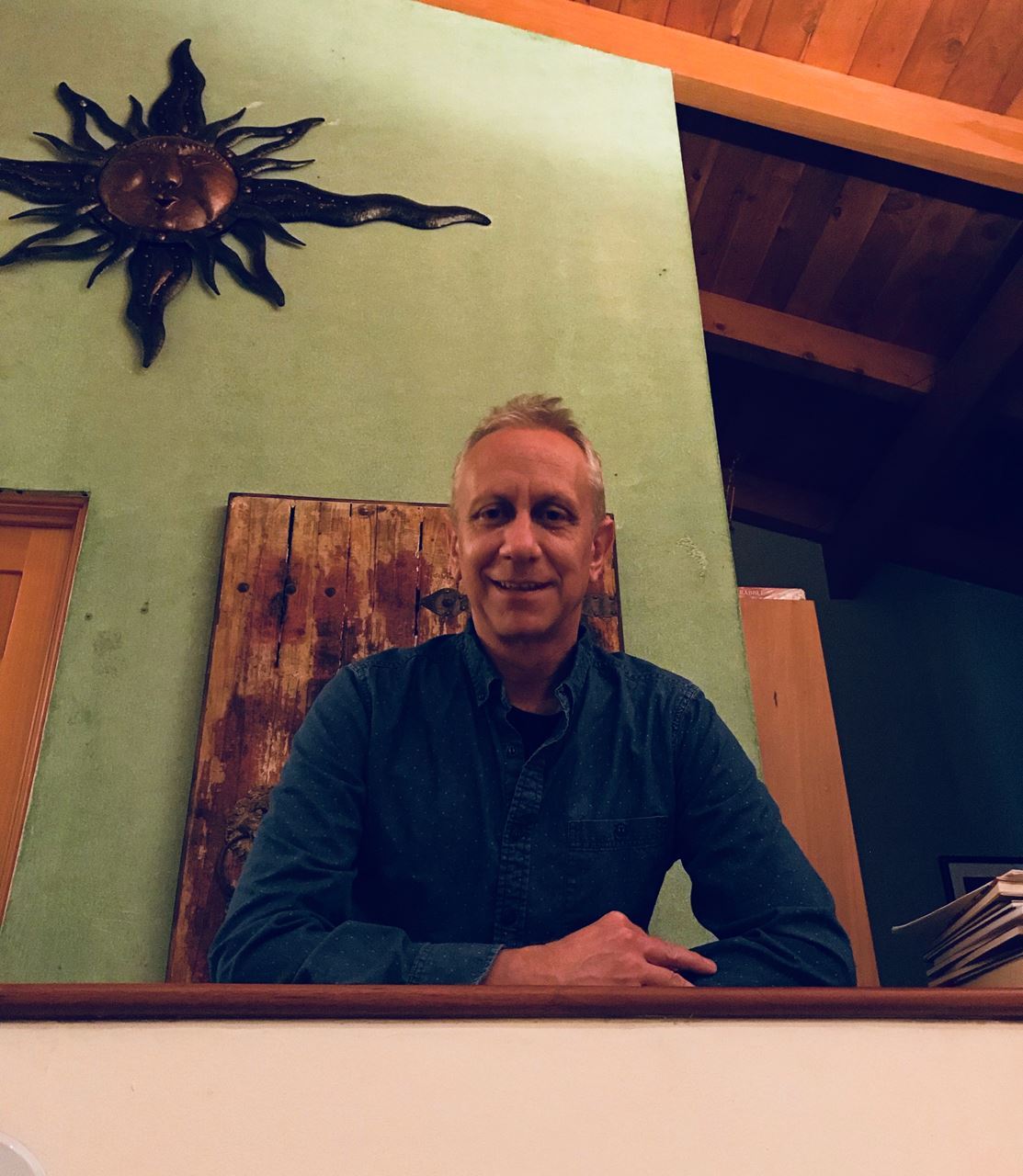 J.T Way, Georgia State University
J.T Way, Georgia State University
J. T. Way lived in Guatemala for ten years prior to joining GSU, working as a University of Arizona faculty affiliate and ultimately directing CIRMA, the Centro de Investigaciones Regionales de Mesoamérica, a social science archive/research center. His 2021 book, Agrotropolis: Youth, Street, and Nation in the New Urban Guatemala explores the physical and cultural urbanization of space in quintessentially “rural” towns from 1983 to 2012. Centering working-class Maya and mestizo hometowns in planetary urban history, it shows how culturally assertive youth coming of age on the globally inflected city street used popular culture as one means of creating a new national imaginary that rejects Guatemala’s racially coded system of castes. This work follows The Mayan in the Mall: Globalization, Development, and the Making of Modern Guatemala, which maps the history of Guatemala City’s poor neighborhoods from 1920 to the new millennium against national and international development projects, arguing that, far from being chronically underdeveloped, this nation of contrasts—where shantytowns and humble municipal and street markets abut luxurious malls and wealthy neighborhoods—is the embodiment of globalized capitalism and a harbinger of globalization’s future. Way now researches urbanization and violence and serves as an expert witness in asylum hearings.
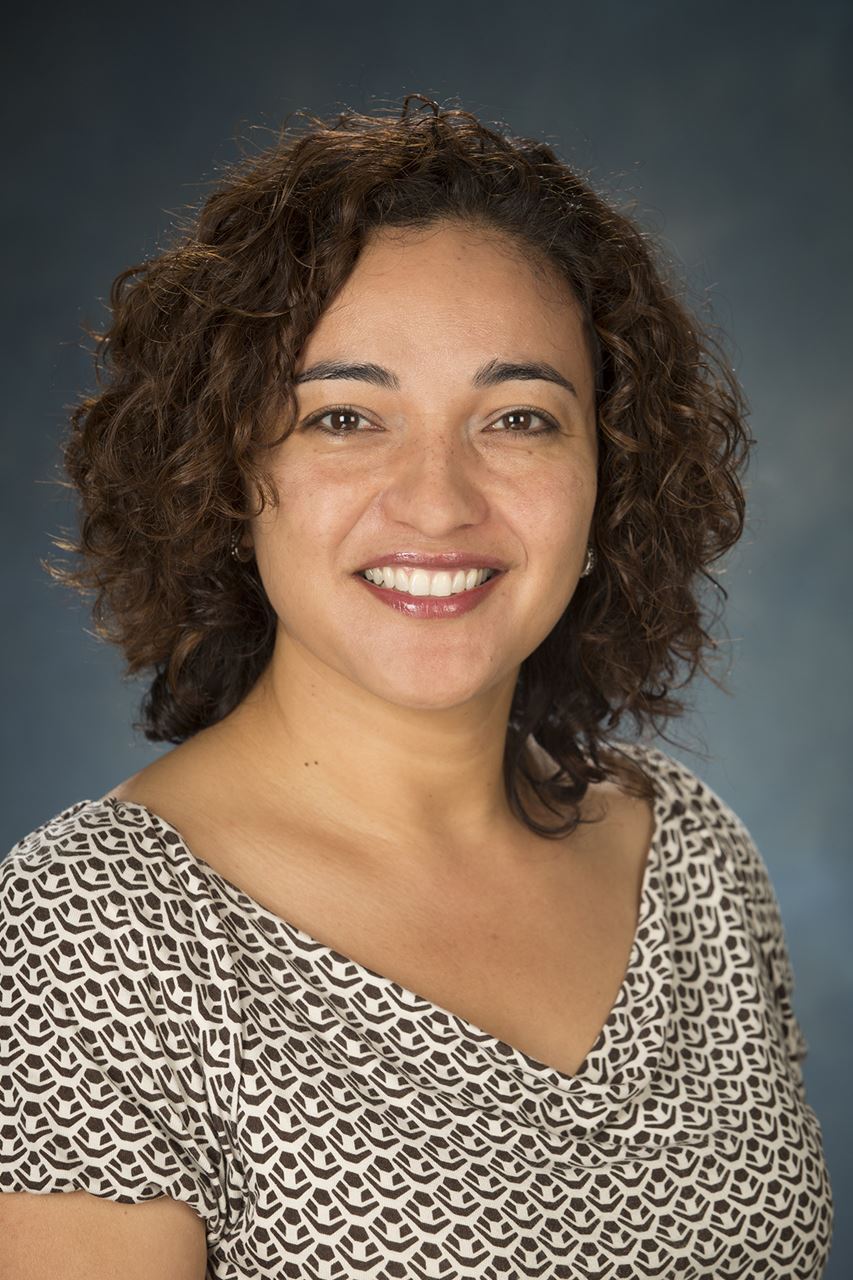 Lilia Fernandez, Rutgers University
Lilia Fernandez, Rutgers University
Dr. Lilia Fernandez is an Associate Professor of Latino and Caribbean Studies and History at Rutgers University. Her scholarship, most notably her monograph Brown in the Windy City but also in numerous articles and other pieces of work, has offered critical insights for urban historians on Latinx immigration to and experiences within American cities, Chicago in particular. She also serves as the co-editor on the University of Chicago’s “Historical Studies in Urban America” series, and on the board of the Journal of Urban History.